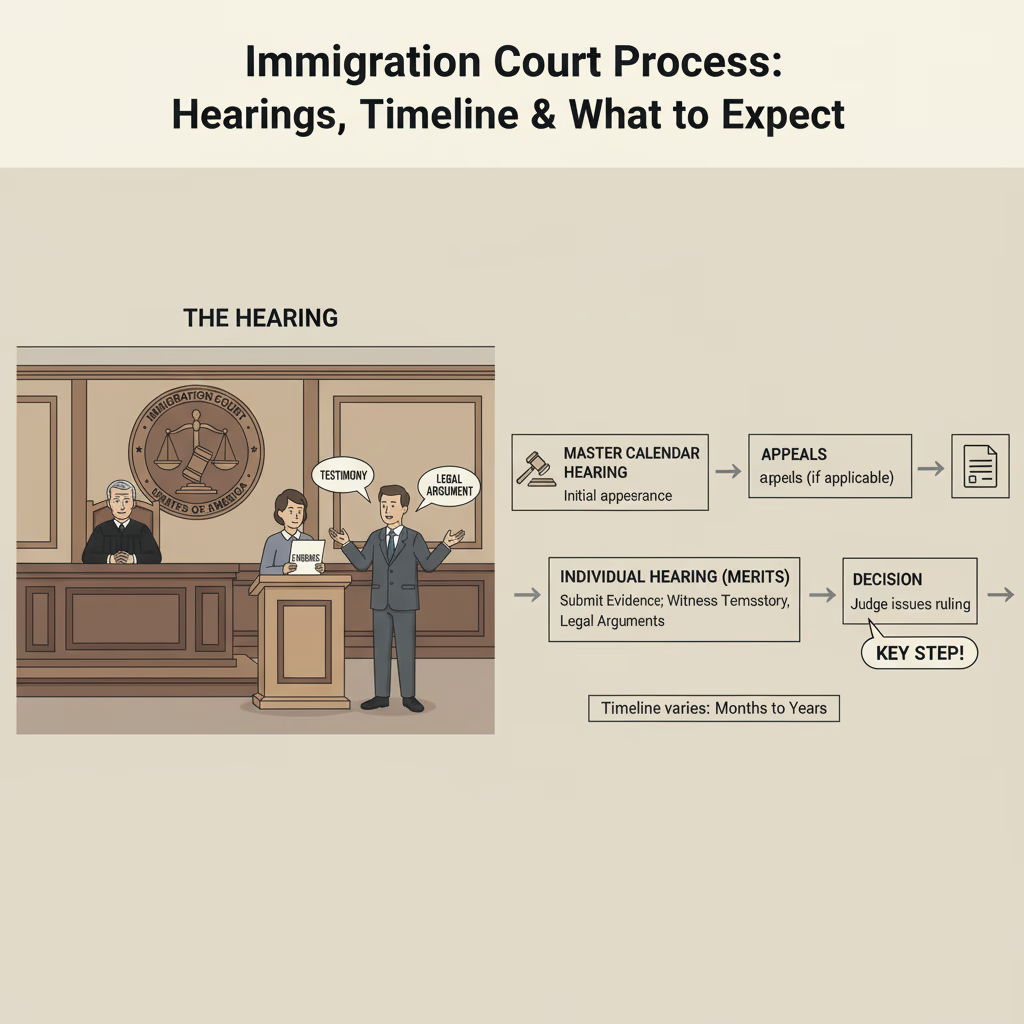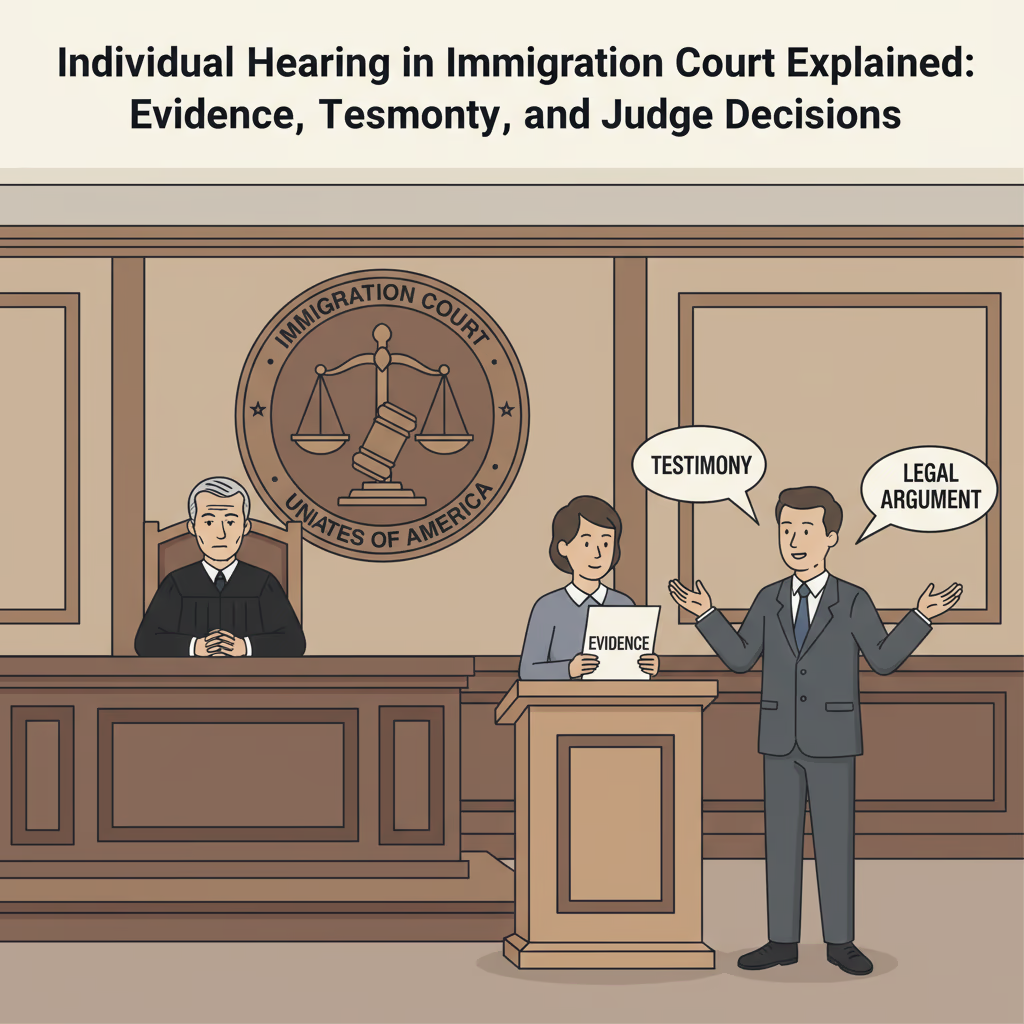Dallas/Fort Worth is a thriving economic hub, attracting talented professionals and ambitious companies from around the globe. For businesses looking to hire foreign talent or for individuals seeking to work in the U.S., employment-based immigration is the pathway to achieving those goals. However, this area of law is notoriously complex, with a labyrinth of regulations, strict timelines, and a high demand for precision. A single error can derail a career or a company’s growth plans.
This is why both employers and employees in the DFW area turn to legal experts for guidance. A skilled Immigration Lawyer provides indispensable support, transforming a confusing and high-stakes process into a manageable, strategic endeavor. This article explores the key benefits of hiring a lawyer for your employment-based immigration case.
Navigating the Alphabet Soup of Work Visas
The U.S. offers a wide range of employment-based visas, each with its own acronym and a unique set of demanding requirements. An attorney’s first and most critical role is to identify the correct visa category for the specific job and employee.
Common employment-based categories include:
- H-1B: For professionals in specialty occupations requiring a bachelor’s degree or higher.
- L-1: For intracompany transferees who are managers, executives, or employees with specialized knowledge moving from a foreign office to a U.S. office.
- O-1: For individuals with extraordinary ability in fields like science, arts, business, or athletics.
- PERM/Green Cards: The multi-step process for sponsoring an employee for lawful permanent residence, which involves a rigorous labor market test.
- TN: For certain Canadian and Mexican professionals under the USMCA agreement.
Choosing the wrong category can lead to a wasted application and significant delays. A lawyer analyzes the employee’s qualifications, the nature of the job, and the company’s needs to devise the most effective and efficient visa strategy.
The Strategic Advantage for Employers
For a Dallas/Fort Worth business, navigating immigration law is not a core competency. Hiring an attorney allows a company to focus on what it does best while ensuring its immigration petitions are handled professionally.
1. Ensuring Compliance and Avoiding Penalties
The Department of Labor and USCIS have strict rules that employers must follow when sponsoring a foreign worker. This includes wage requirements, posting notices, and maintaining extensive documentation. Failure to comply can result in severe penalties, including hefty fines and being barred from sponsoring foreign workers in the future. An immigration lawyer acts as a compliance officer, ensuring every step of the process is legally sound and auditable.
2. Streamlining the PERM Labor Certification Process
Sponsoring an employee for a green card often requires a PERM labor certification. This involves proving to the Department of Labor that there are no able, willing, and qualified U.S. workers available for the position. It is an exacting process that requires a specific recruitment campaign, careful documentation, and a precisely drafted application. An attorney manages this entire process, from placing job ads to responding to government audits, maximizing the chances of a successful certification.
3. Creating Consistent and Scalable Immigration Policies
For DFW companies that frequently hire foreign talent, a lawyer can help develop a standardized and efficient internal immigration policy. This ensures that all cases are handled consistently and that the company is always prepared for the next hire. This proactive approach saves time and reduces legal risks in the long run.
The Critical Support for Employees
While the employer is often the petitioner, the employee’s career and future are on the line. Having an experienced immigration lawyer involved provides crucial protection and guidance for the individual applicant.
1. Vetting the Job Offer and Petition
An attorney can review the terms of the job offer and the proposed visa petition to ensure they align with the employee’s qualifications and immigration goals. They verify that the job duties match the “specialty occupation” requirements for an H-1B or the “extraordinary ability” standards for an O-1, preventing a case from being built on a weak foundation.
2. Navigating Complex Personal Issues
An employee may have personal circumstances that complicate their case, such as a prior visa overstay, a criminal record, or dependents who also need visas. An immigration lawyer can assess these issues and determine how they will impact eligibility. If a waiver or other solution is needed, the attorney can prepare the necessary legal arguments and documentation, protecting the employee’s interests.
3. Planning for Long-Term Goals
For many, a temporary work visa is just the first step toward a green card and eventual citizenship. An immigration lawyer helps create a long-term strategy, ensuring the initial visa choice sets the employee up for a smooth transition to permanent residence in the future. They can advise on the timing of a green card application and explain the implications of changing jobs or roles while in the immigration process. This foresight is invaluable for career planning.
The Lawyer’s Role in a Successful Partnership
Ultimately, an immigration lawyer serves as the bridge between the employer and the employee, ensuring both parties are aligned and working toward the same goal. They manage communications with government agencies, prepare both the company and the individual for any necessary steps, and troubleshoot issues as they arise.
In the competitive Dallas/Fort Worth market, securing top talent quickly and efficiently is a major advantage. An employment-based immigration lawyer provides the strategic oversight needed to make that happen. They ensure that petitions are not just filed, but filed correctly, strategically, and with the highest chance of success.
Official Immigration Resources
While a lawyer provides tailored legal advice, employers and employees can access forms, case processing times, and policy updates on these official government websites.
- U.S. Department of Homeland Security (DHS): The federal department overseeing immigration and border functions. Visit DHS
- U.S. Citizenship and Immigration Services (USCIS): The agency that adjudicates most employment-based visa petitions. Visit USCIS
- U.S. Immigration and Customs Enforcement (ICE): The law enforcement agency for immigration matters within the U.S. Visit ICE






